
Geoengineering, carbon removal news via @andrewjlockley & team.
Also see Geoengineering Google group. Chemtrailers/deniers instablock. RT=/=E
How to get URL link on X (Twitter) App

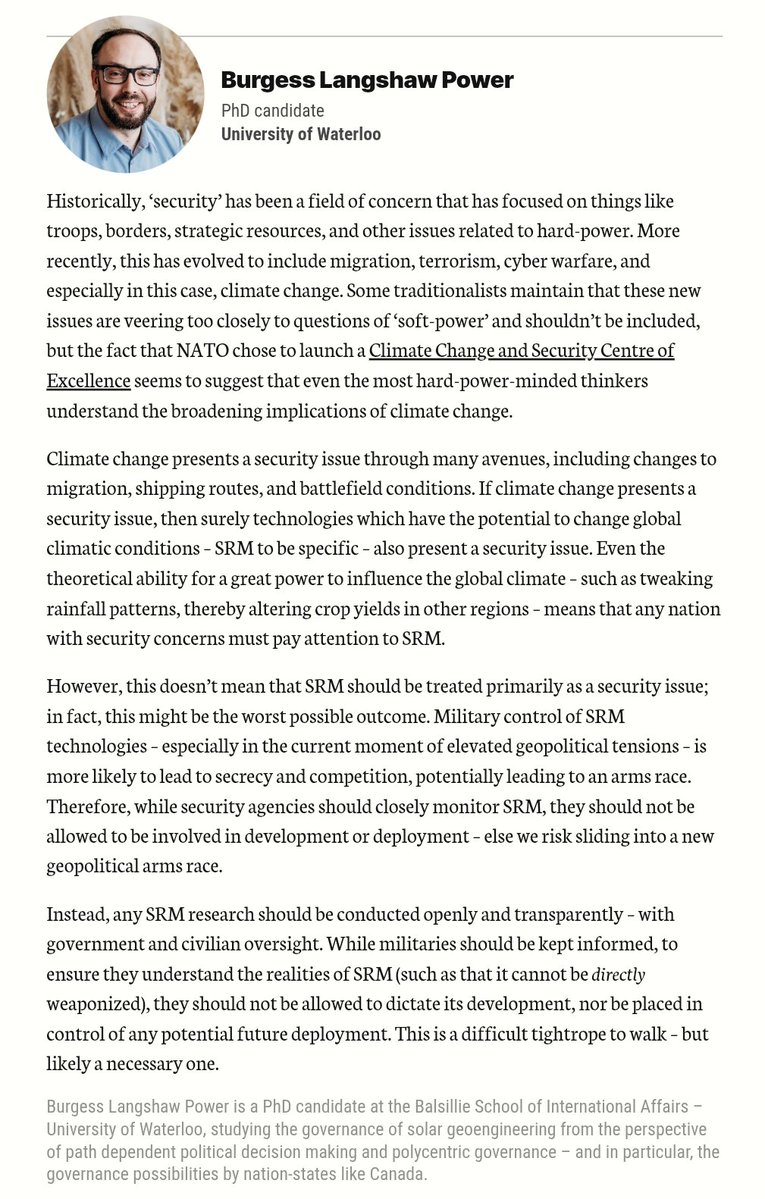

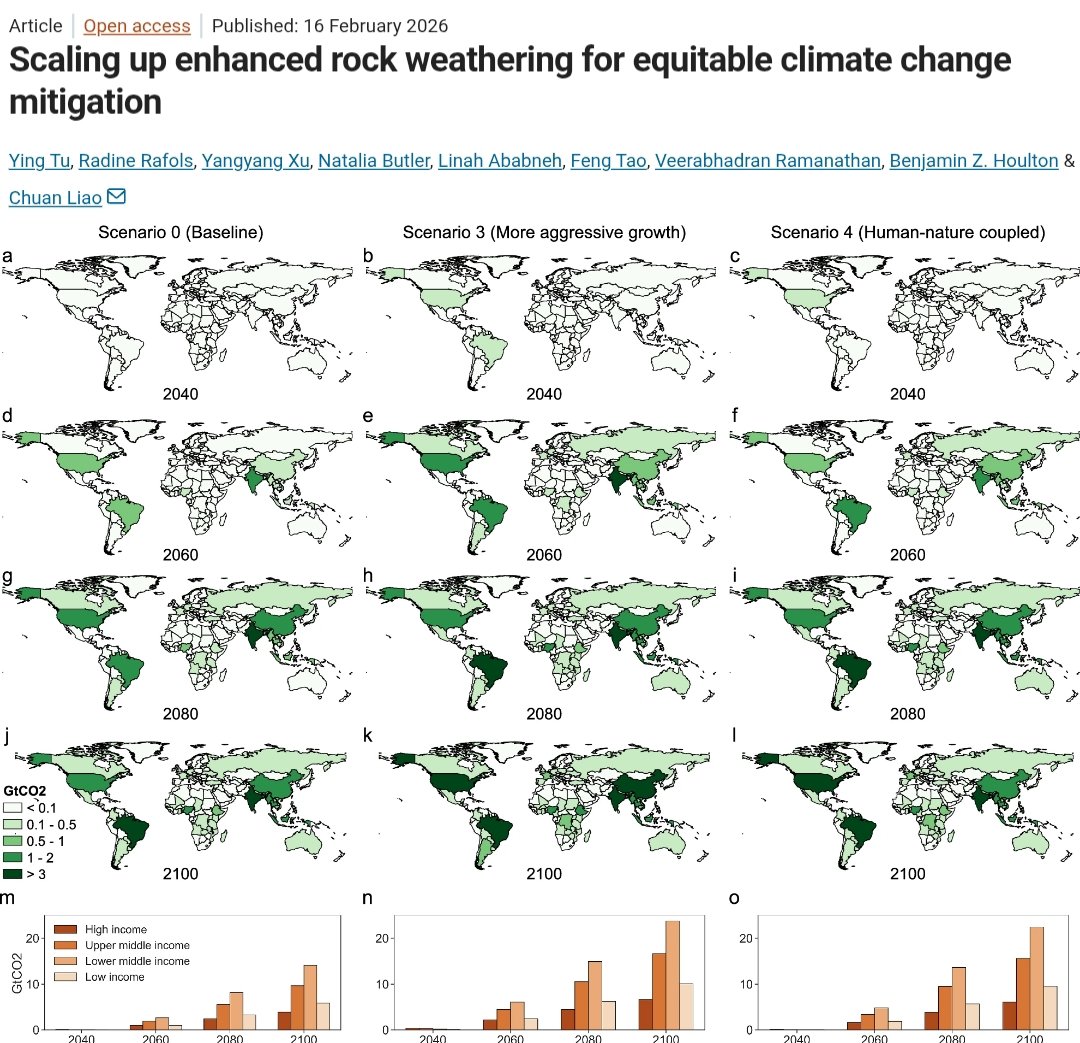
 2/ Enhanced rock weathering works by spreading crushed silicate rocks on croplands.
2/ Enhanced rock weathering works by spreading crushed silicate rocks on croplands. 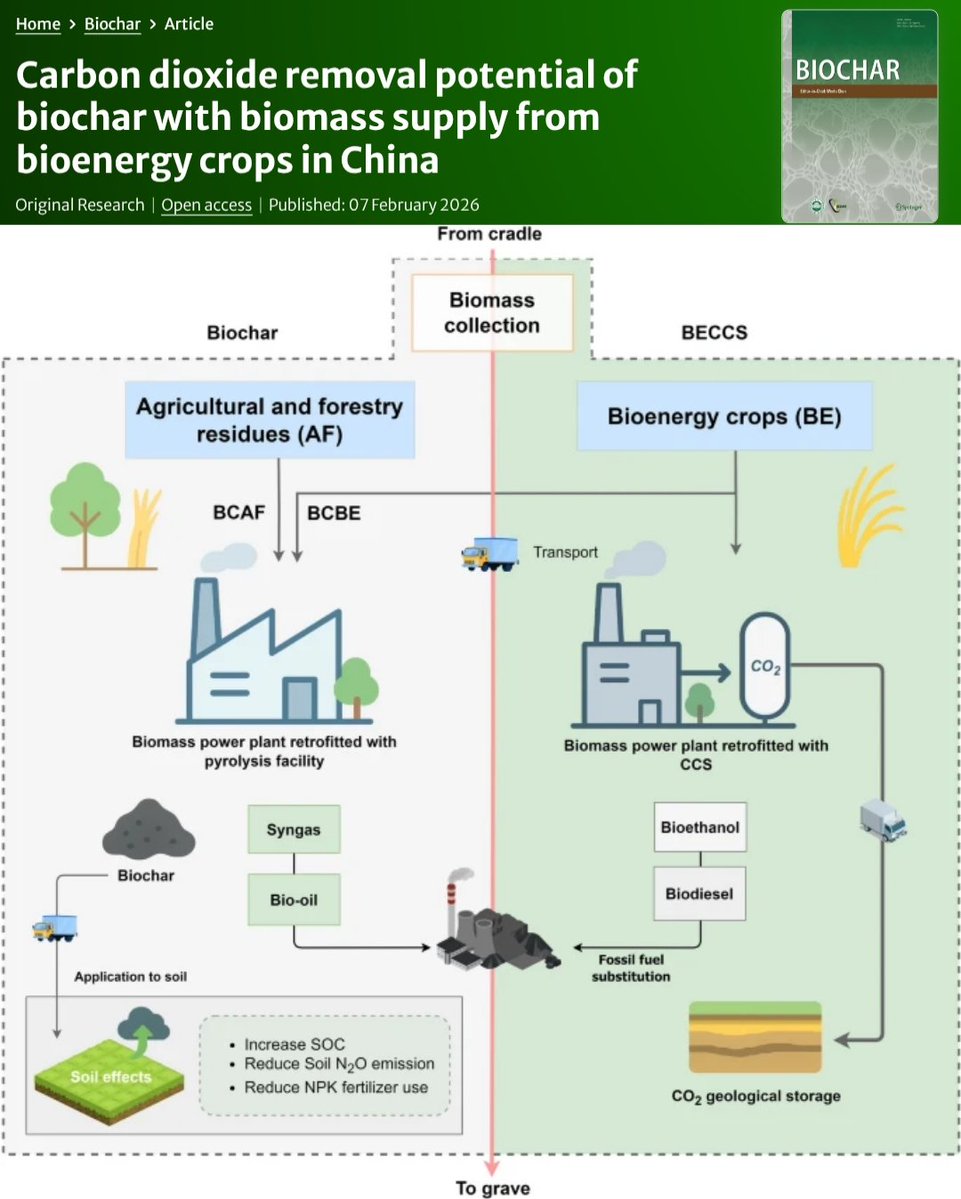
 2/ Biochar, a carbon-rich solid produced by pyrolysis of biomass, locks carbon into soils for decades to centuries while improving soil quality and crop yields.
2/ Biochar, a carbon-rich solid produced by pyrolysis of biomass, locks carbon into soils for decades to centuries while improving soil quality and crop yields. 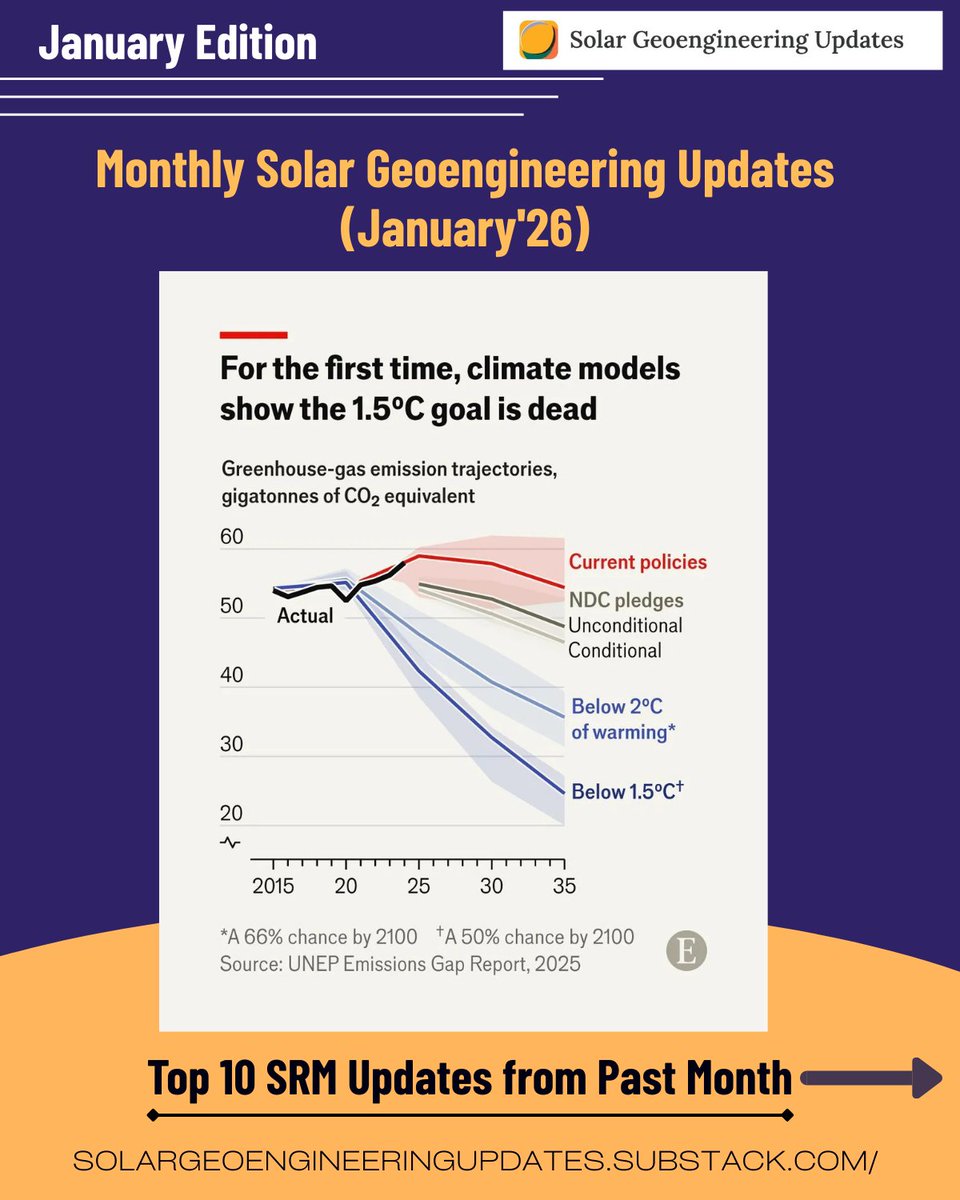
 1️⃣ 𝗨.𝗦. 𝗲𝘅𝗶𝘁𝘀 𝗨𝗡𝗙𝗖𝗖𝗖 & 𝗜𝗣𝗖𝗖 - Experts warn withdrawal could weaken SRM governance, deepen geopolitical mistrust, and accelerate fragmented or unilateral approaches.
1️⃣ 𝗨.𝗦. 𝗲𝘅𝗶𝘁𝘀 𝗨𝗡𝗙𝗖𝗖𝗖 & 𝗜𝗣𝗖𝗖 - Experts warn withdrawal could weaken SRM governance, deepen geopolitical mistrust, and accelerate fragmented or unilateral approaches.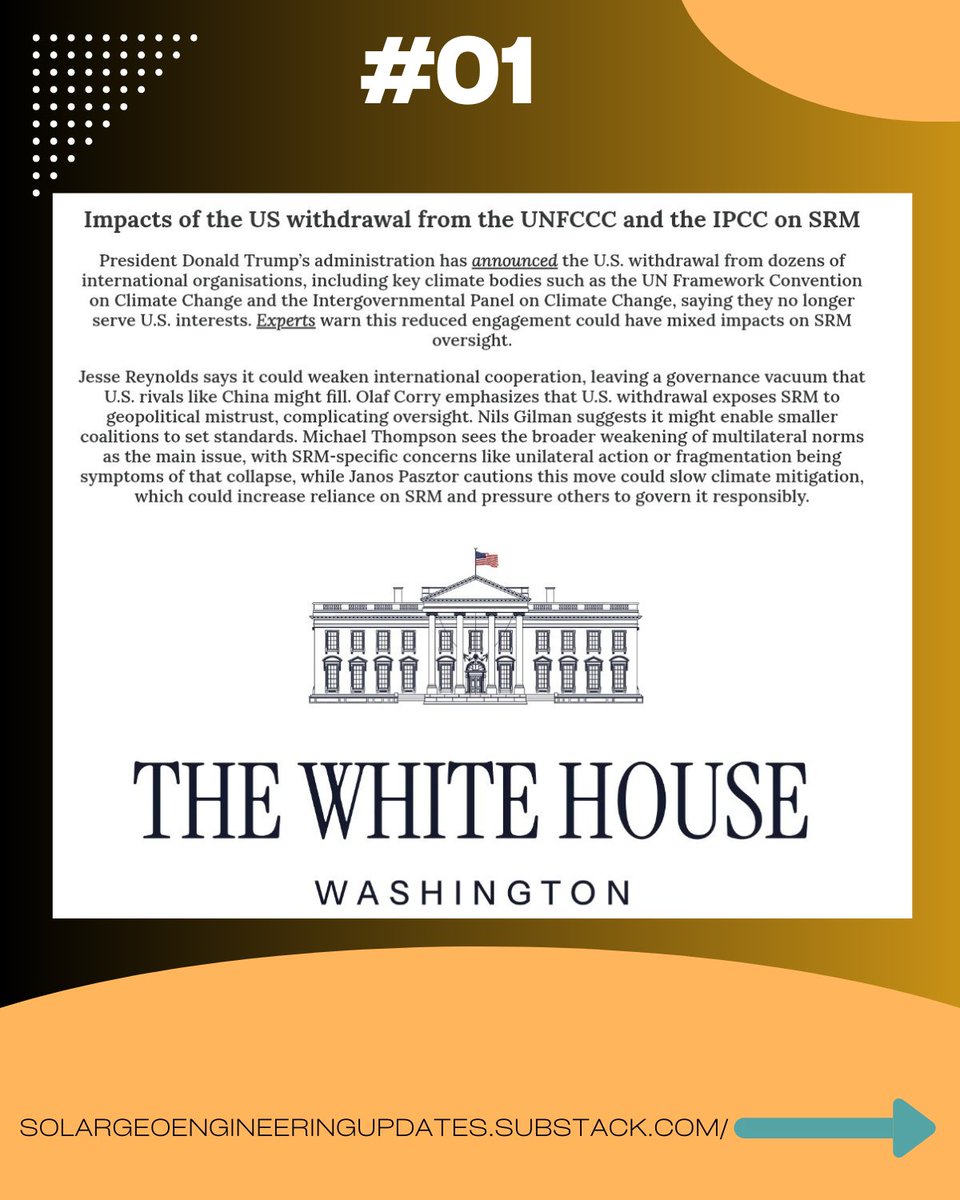
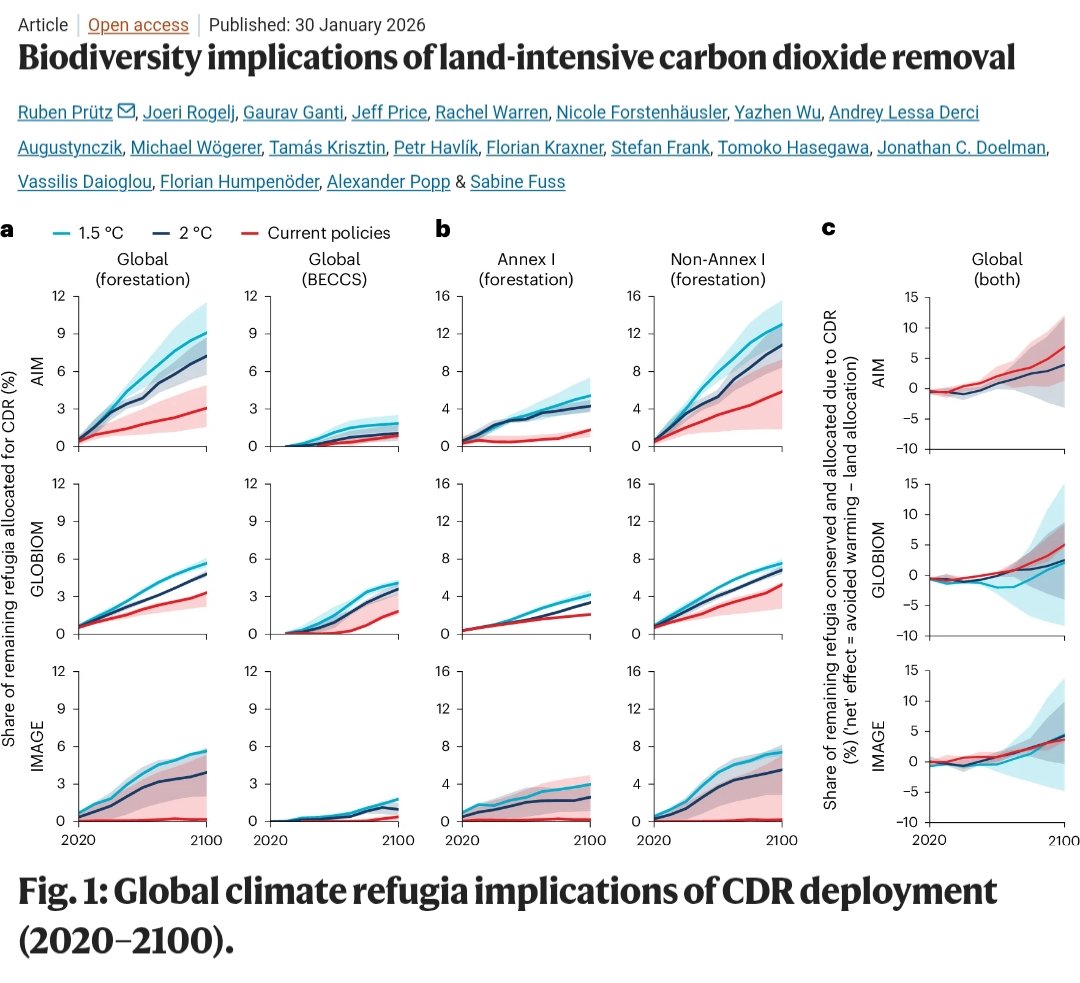
 2/ Using five integrated assessment models, the study examines where large-scale CDR is projected to occur & and how often it overlaps with biodiversity hotspots and climate refugia, the places most critical for species survival.
2/ Using five integrated assessment models, the study examines where large-scale CDR is projected to occur & and how often it overlaps with biodiversity hotspots and climate refugia, the places most critical for species survival. 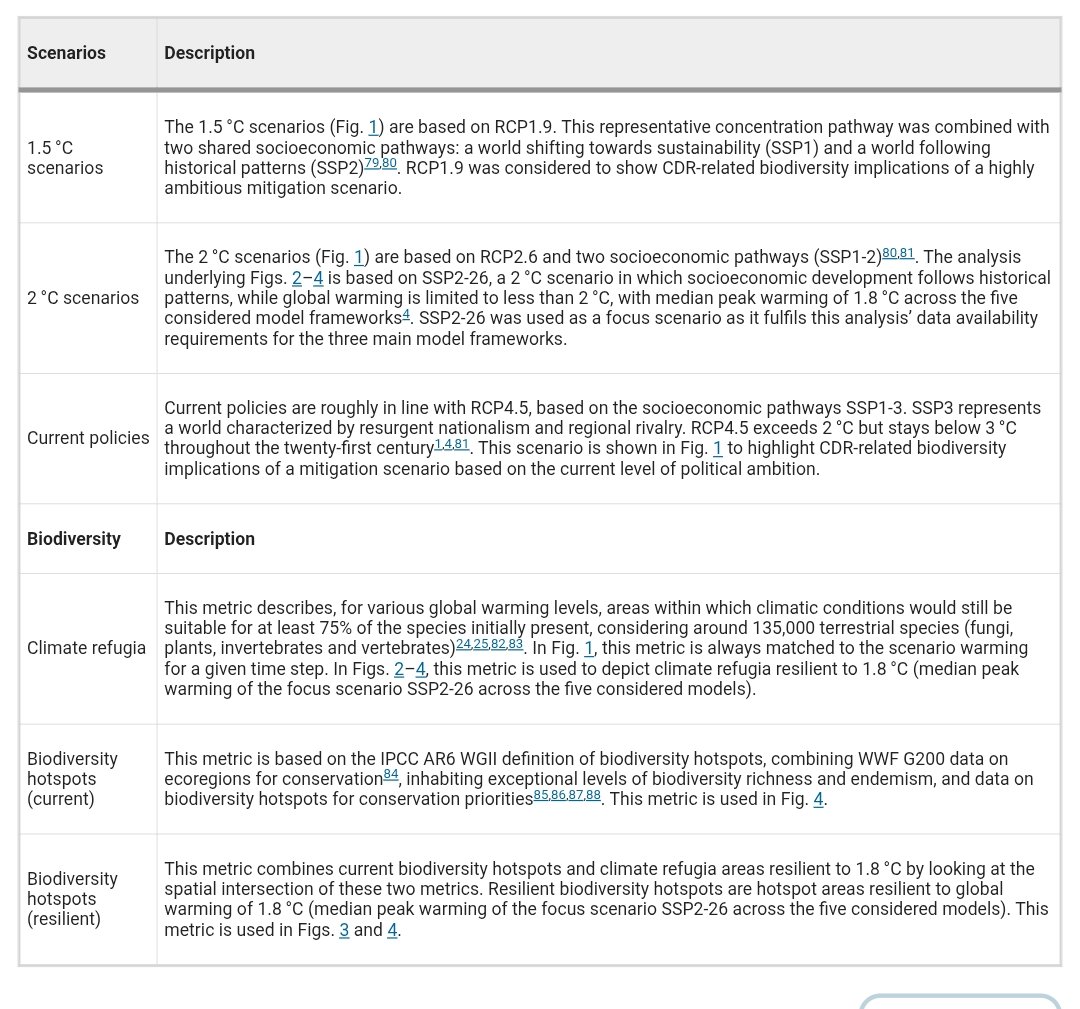
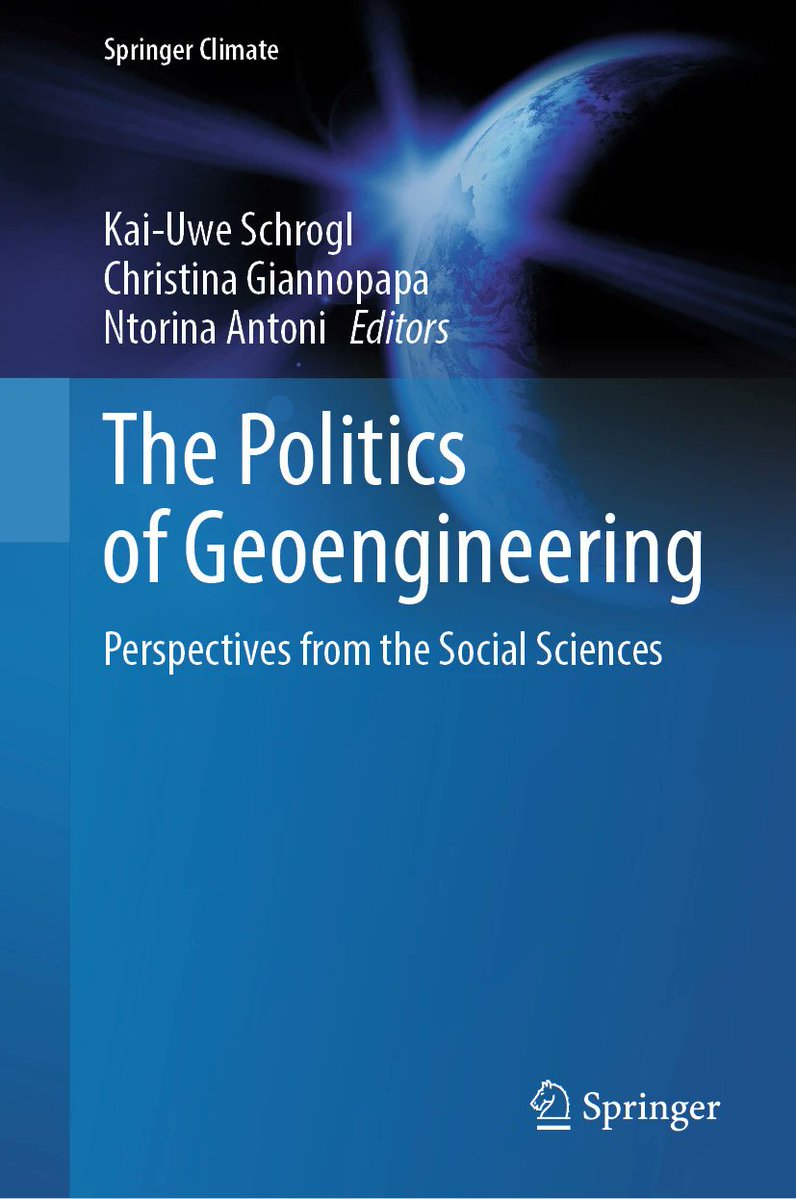
 2/ Chapter 01: Geoengineering has shifted from theory to contested policy, with technology outpacing governance. The analysis highlights political, legal, economic, and justice dimensions and calls for urgent global oversight.
2/ Chapter 01: Geoengineering has shifted from theory to contested policy, with technology outpacing governance. The analysis highlights political, legal, economic, and justice dimensions and calls for urgent global oversight.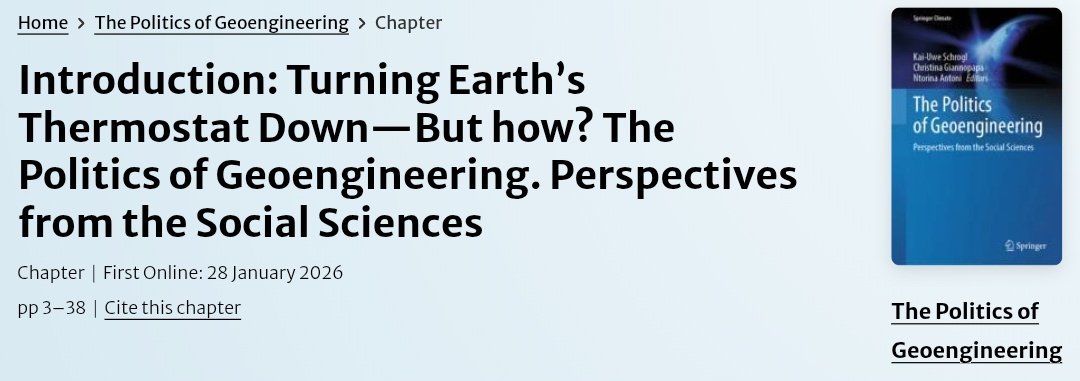
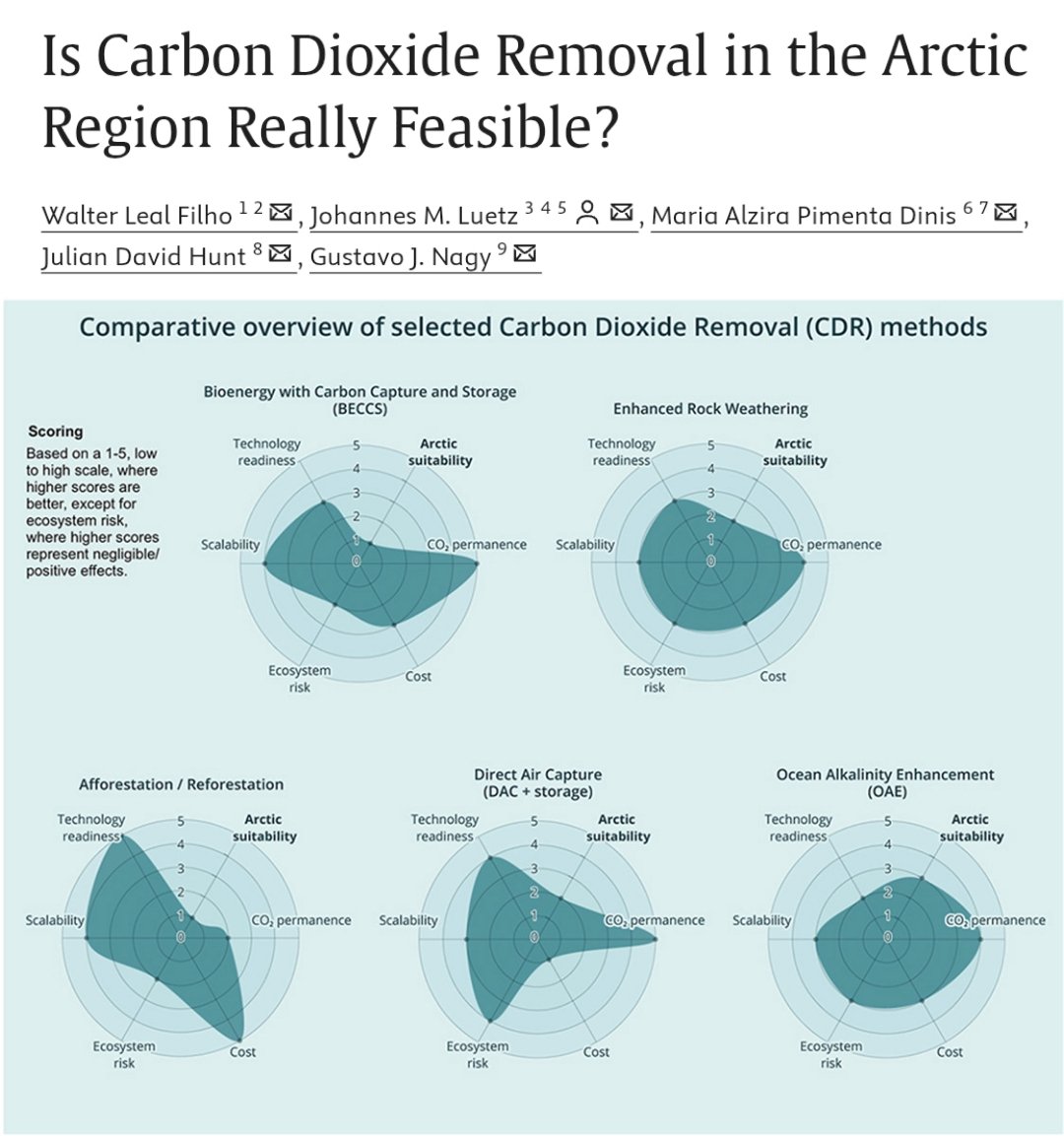
 2/ As Arctic warms rapidly (4x) & attracts attention for climate interventions, can it host CDR at meaningful scale?
2/ As Arctic warms rapidly (4x) & attracts attention for climate interventions, can it host CDR at meaningful scale?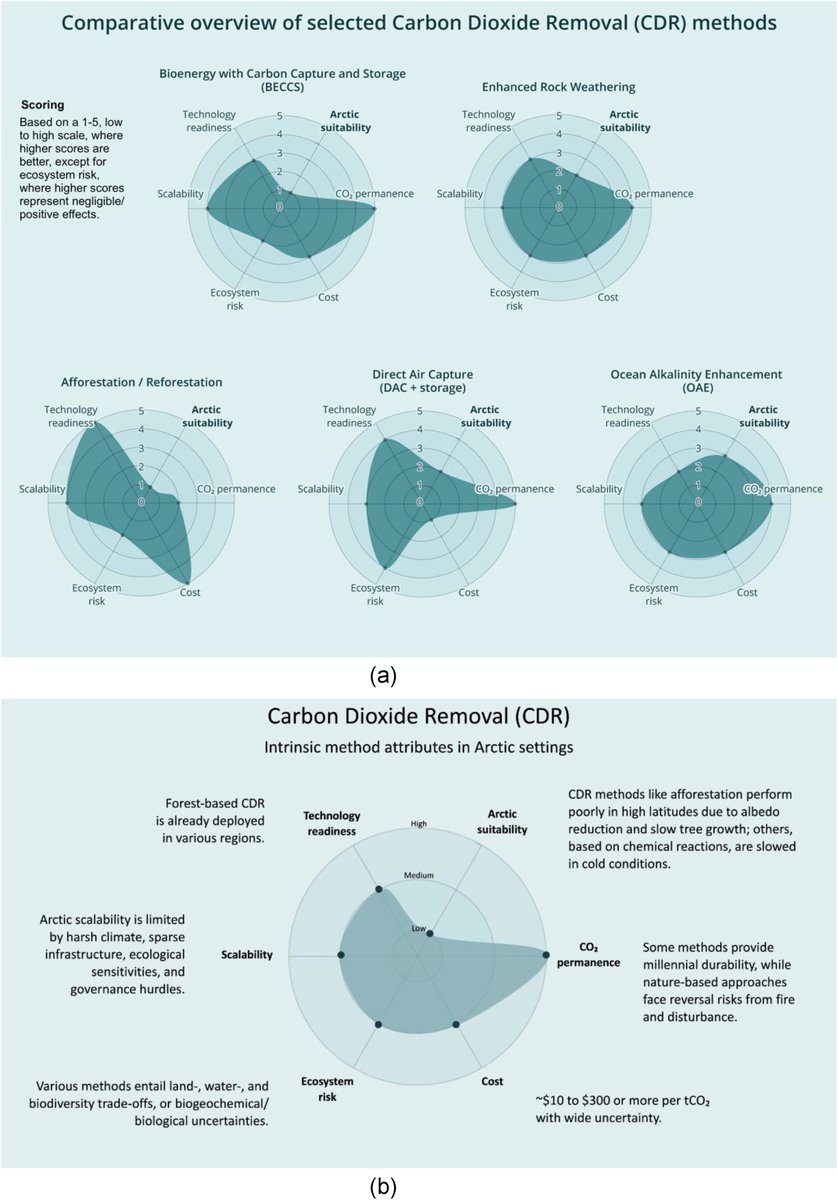
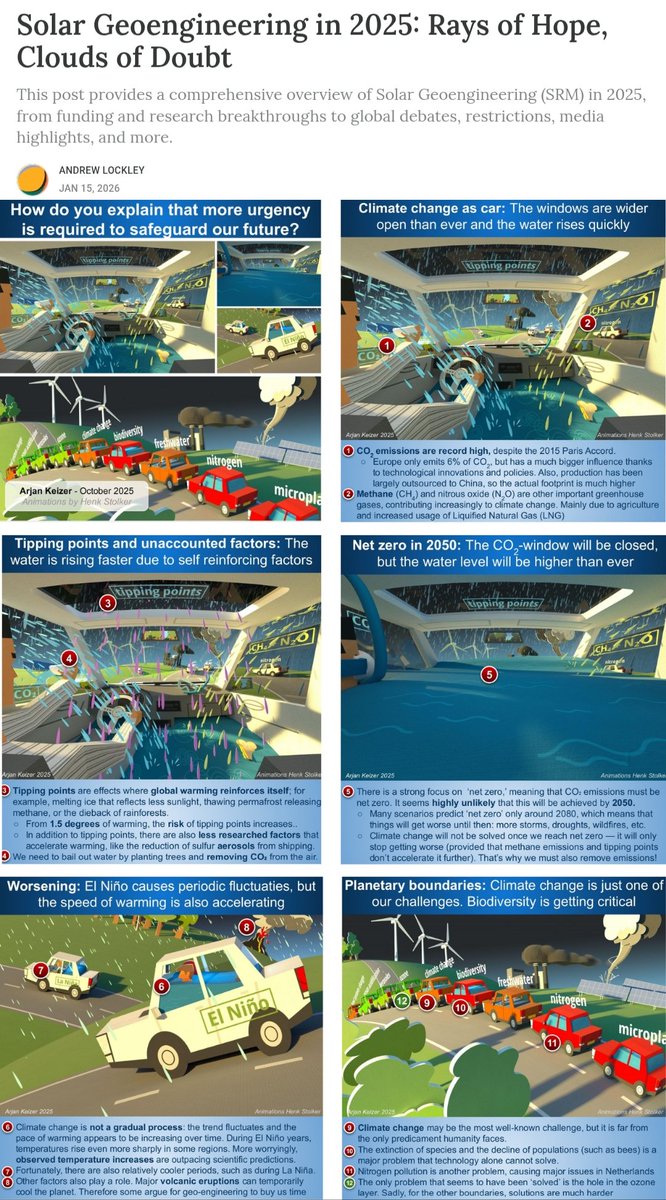
 2/ 𝐖𝐡𝐚𝐭’𝐬 𝐢𝐧𝐜𝐥𝐮𝐝𝐞𝐝 𝐢𝐧 𝐨𝐮𝐫 𝟐𝟎𝟐5 𝐫𝐞𝐯𝐢𝐞𝐰?
2/ 𝐖𝐡𝐚𝐭’𝐬 𝐢𝐧𝐜𝐥𝐮𝐝𝐞𝐝 𝐢𝐧 𝐨𝐮𝐫 𝟐𝟎𝟐5 𝐫𝐞𝐯𝐢𝐞𝐰?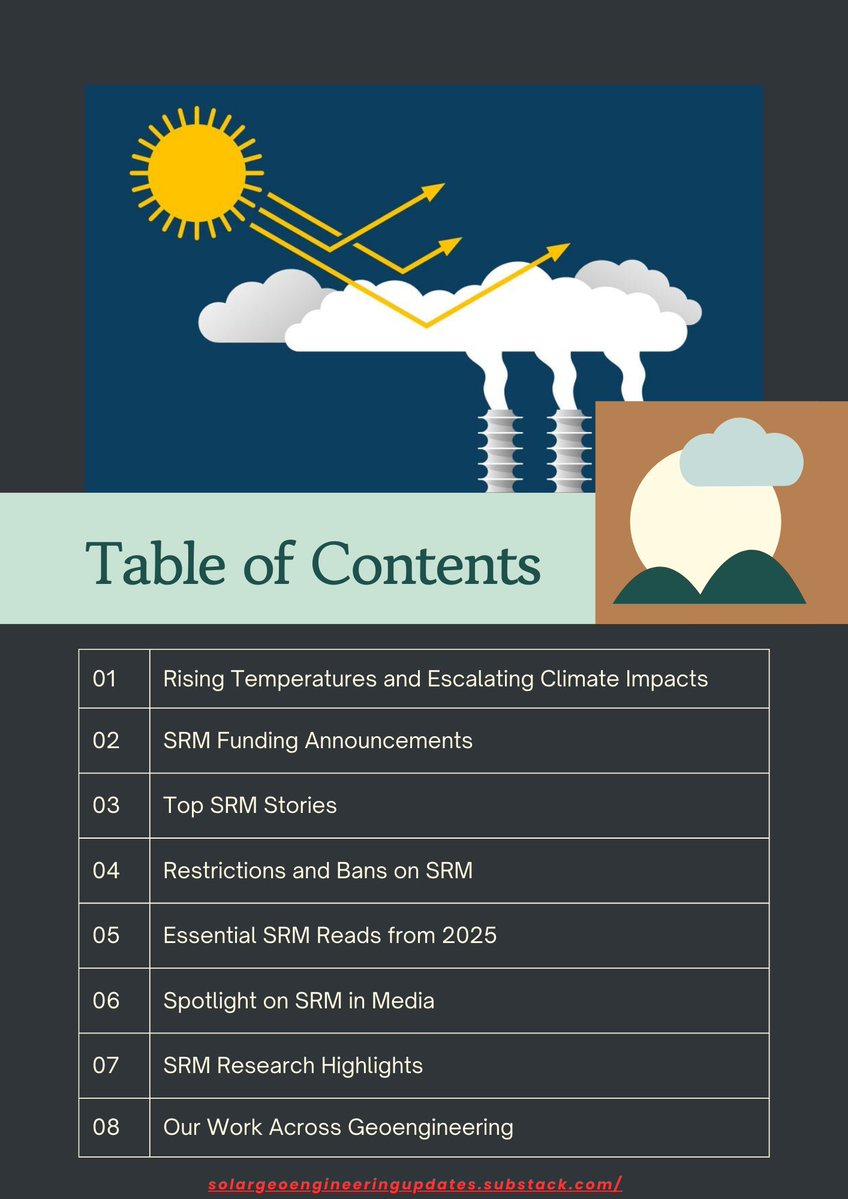

 2/ The ocean is Earth’s largest carbon sink, absorbing vast amounts of CO₂ from the atmosphere.
2/ The ocean is Earth’s largest carbon sink, absorbing vast amounts of CO₂ from the atmosphere. 

 2/ Delivering aerosols to these altitudes with large payloads is difficult using existing aircraft.
2/ Delivering aerosols to these altitudes with large payloads is difficult using existing aircraft. 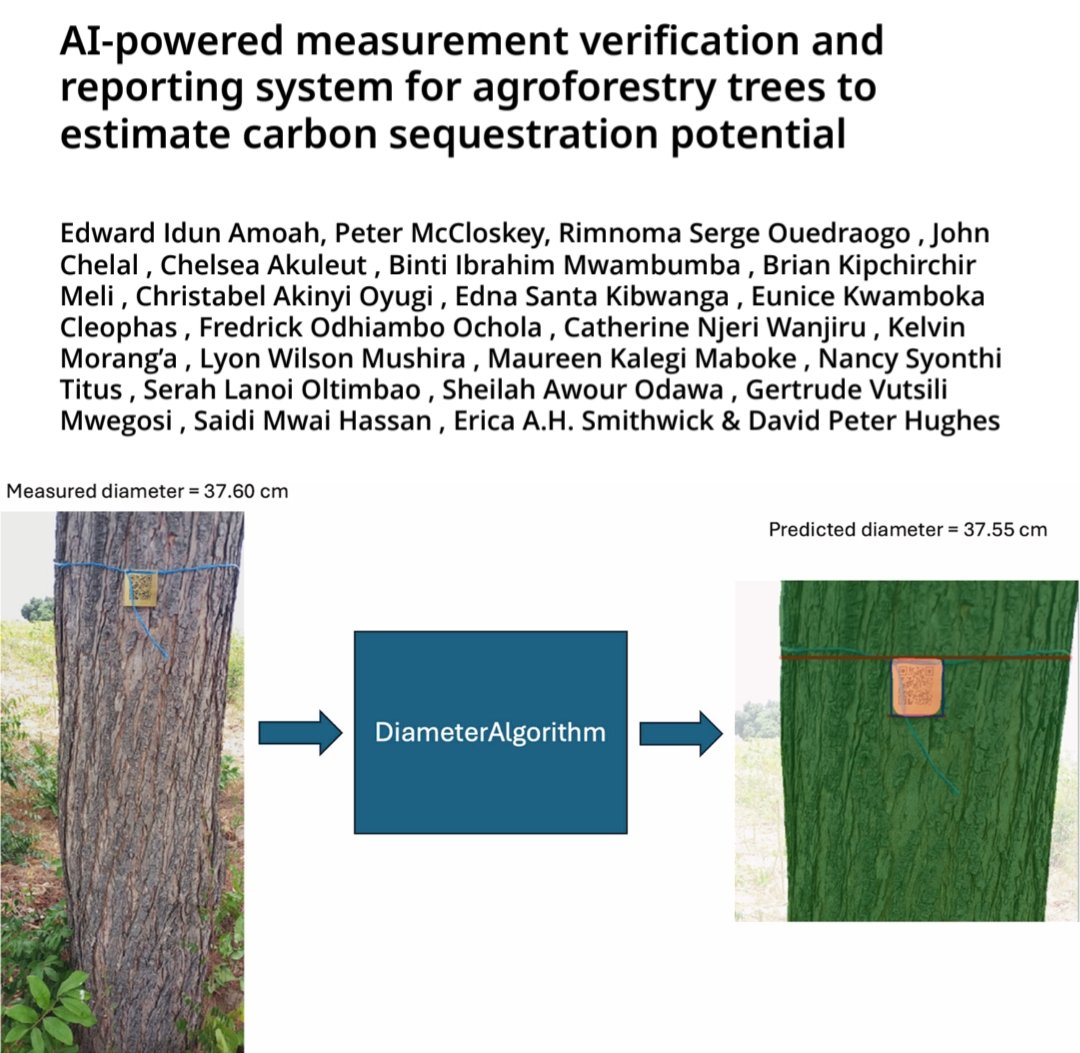
 2/ Context: Carbon markets require precise Measurement, Reporting & Verification (MRV).
2/ Context: Carbon markets require precise Measurement, Reporting & Verification (MRV).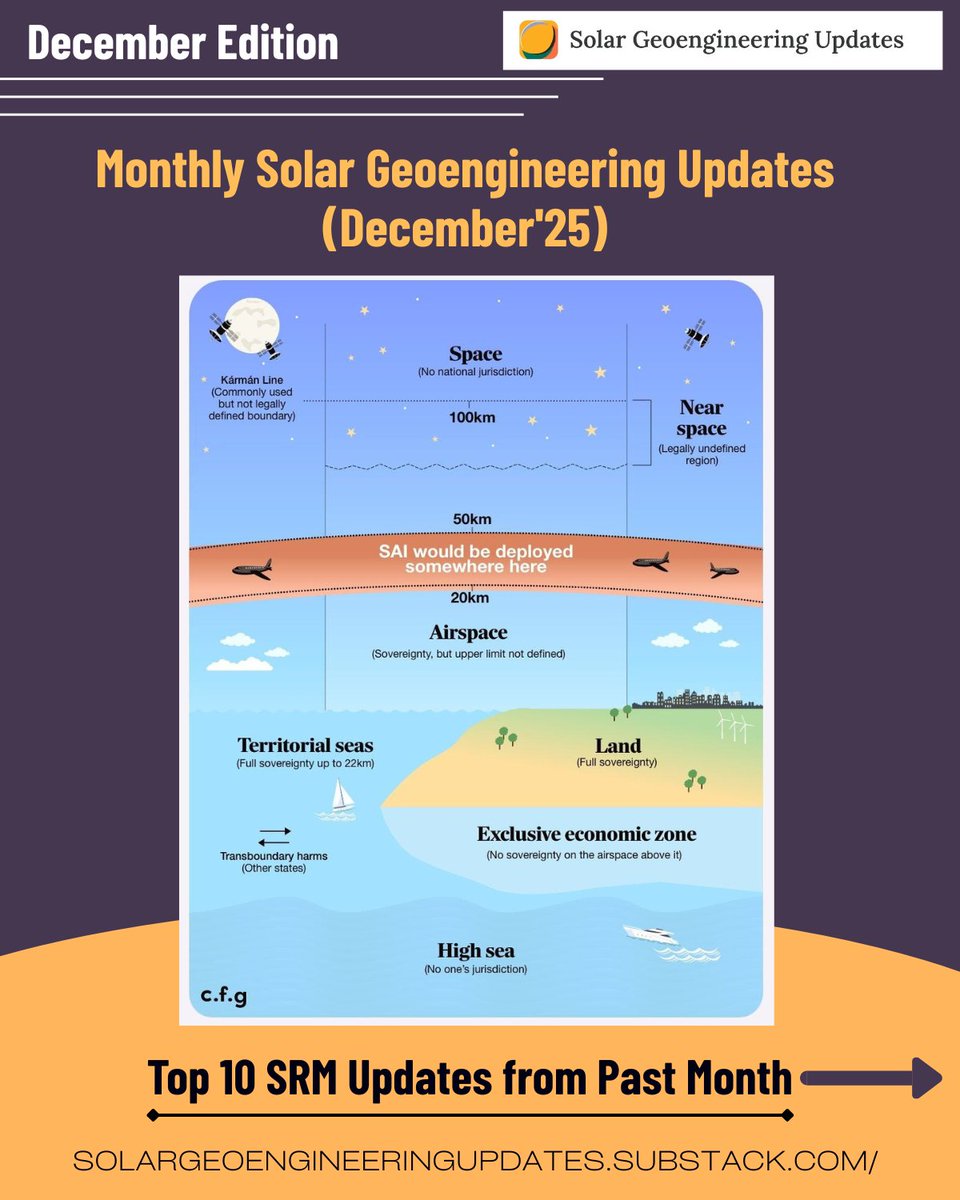
 1️⃣ Trump administration plans to dismantle NCAR, a leading hub for climate & SRM research
1️⃣ Trump administration plans to dismantle NCAR, a leading hub for climate & SRM research
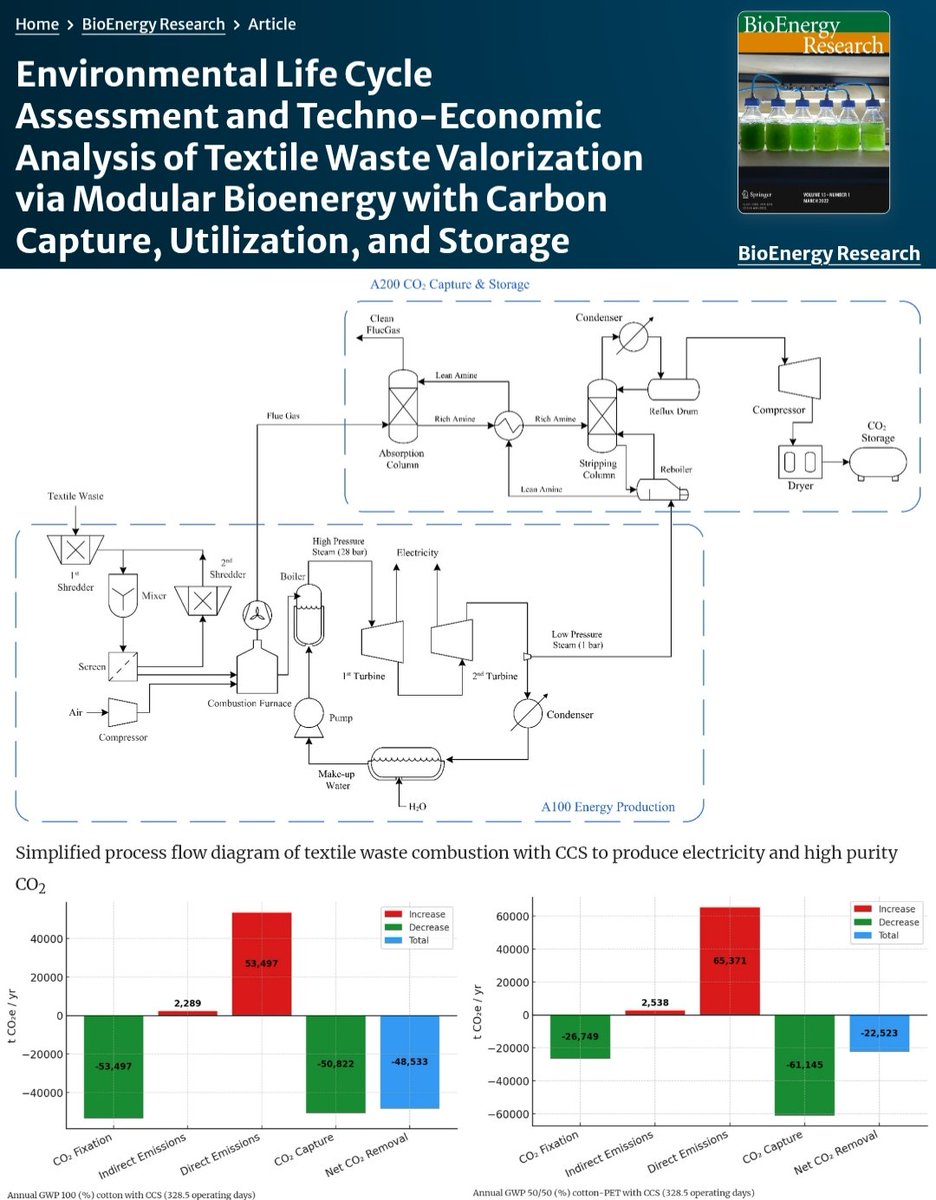
 2/ ~92 Mt of textile waste are generated globally each year. Roughly half is biogenic (e.g., cotton), meaning it already represents stored atmospheric CO₂ captured by plants during growth.
2/ ~92 Mt of textile waste are generated globally each year. Roughly half is biogenic (e.g., cotton), meaning it already represents stored atmospheric CO₂ captured by plants during growth. 
 2/ As emissions cuts lag, most 1.5–2°C pathways now rely on carbon dioxide removal.
2/ As emissions cuts lag, most 1.5–2°C pathways now rely on carbon dioxide removal. 

 ➡️@MakeSunsets secures its first US patent for stratospheric cooling tech
➡️@MakeSunsets secures its first US patent for stratospheric cooling tech


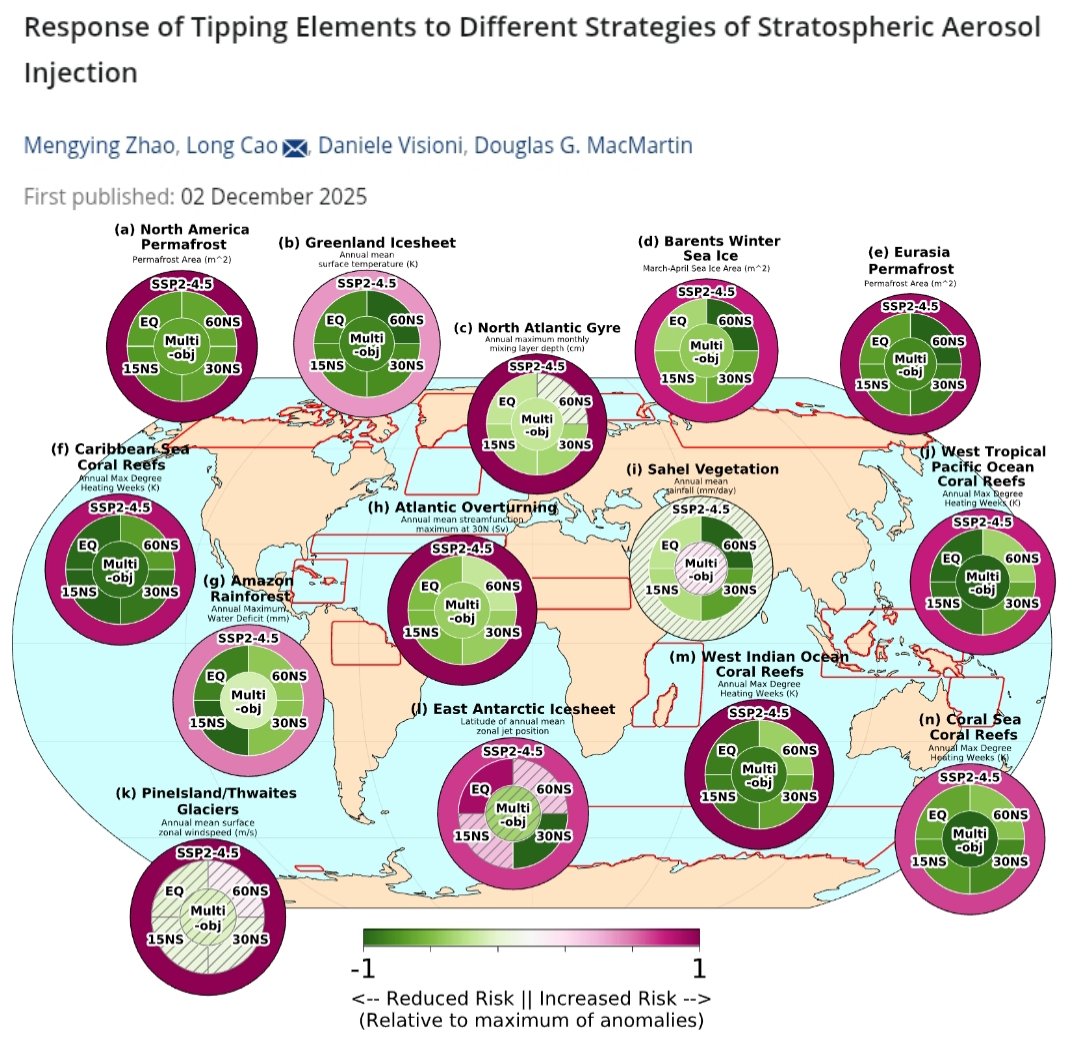
 2/ Tipping elements are highly sensitive to warming.
2/ Tipping elements are highly sensitive to warming. 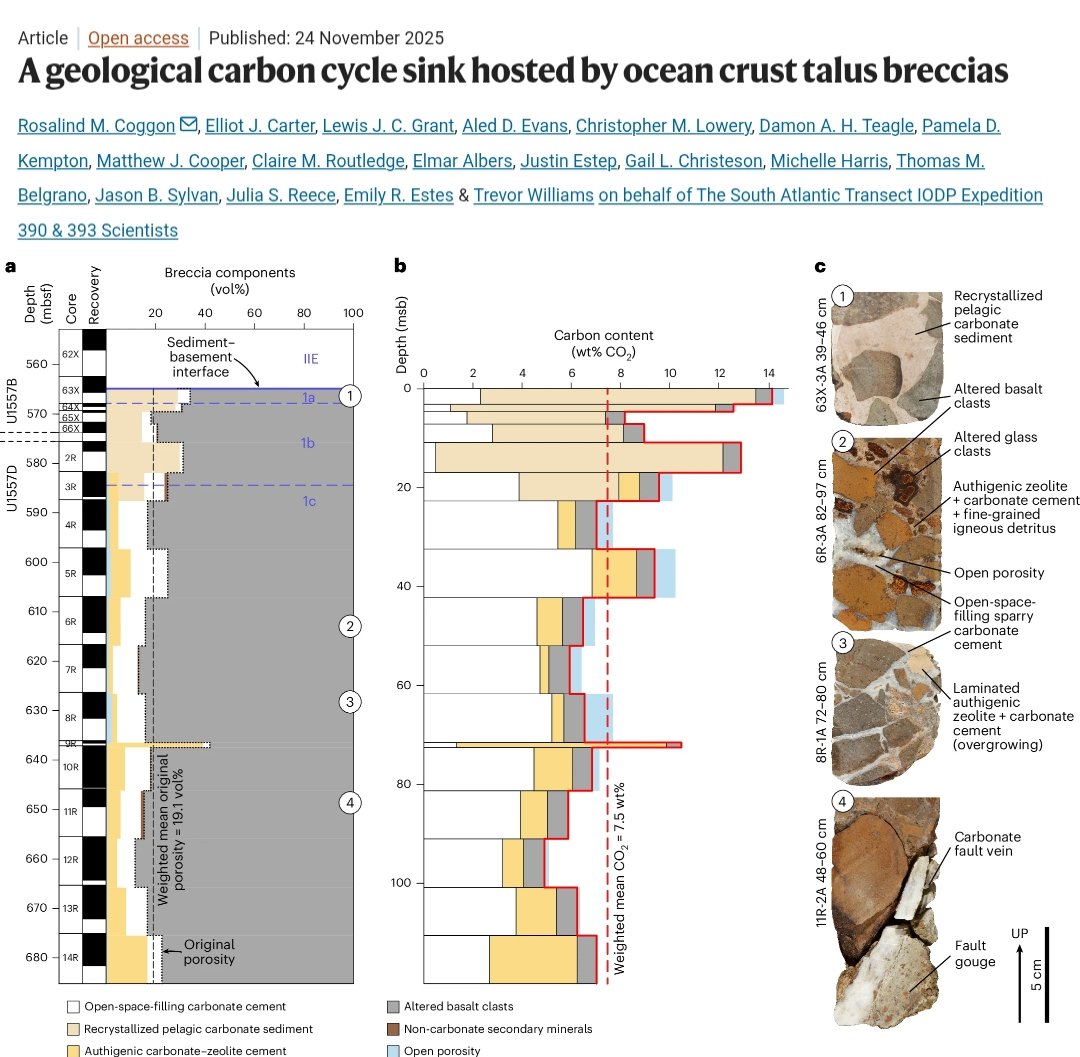
 2/ Researchers made the discovery while drilling 60-million-year-old seafloor in the South Atlantic.
2/ Researchers made the discovery while drilling 60-million-year-old seafloor in the South Atlantic. 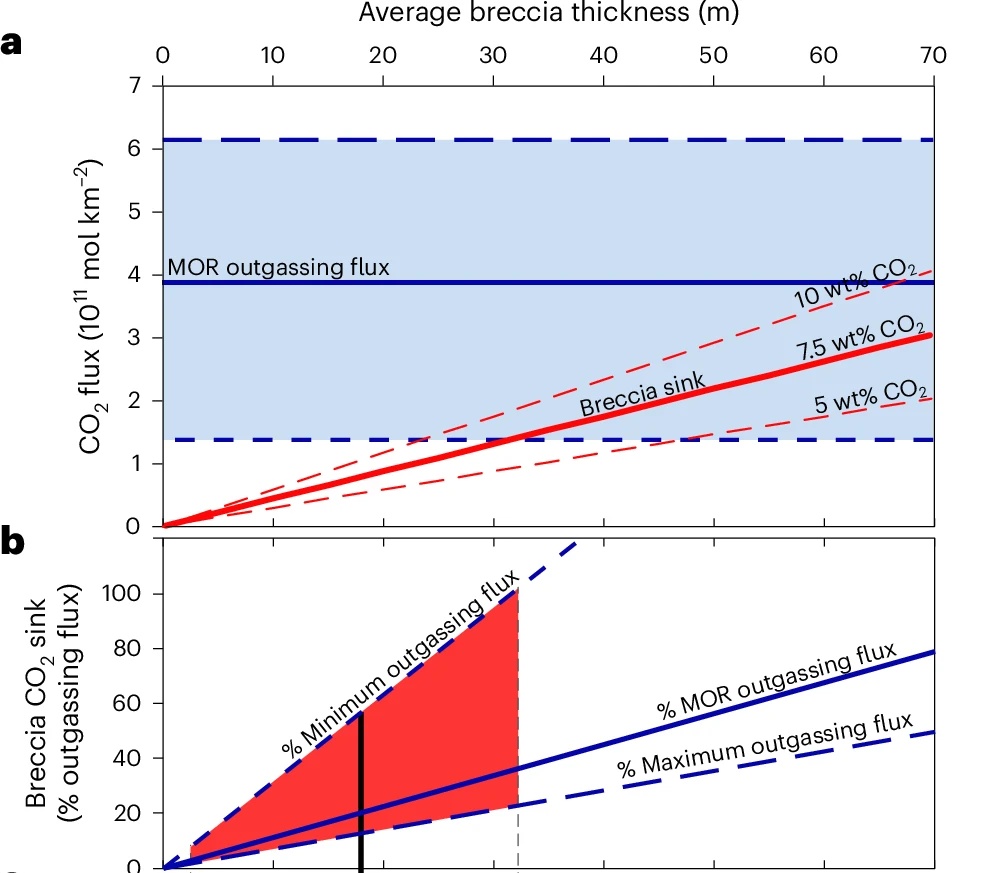
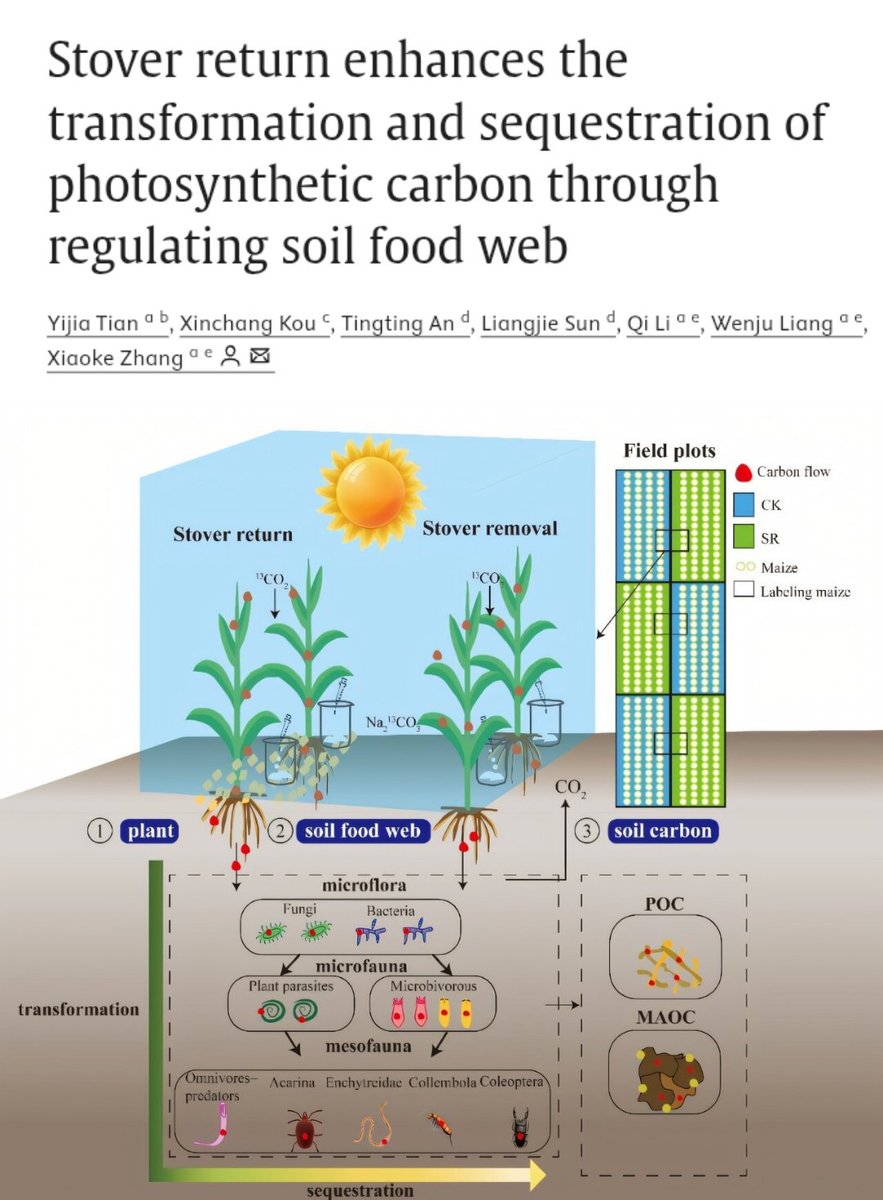
 2/ Researchers from the Institute of Applied Ecology, Chinese Academy of Sciences (CAS), used field trials and ¹³C isotope tracing to map how carbon fixed by crops travels into soil and through the soil food web.
2/ Researchers from the Institute of Applied Ecology, Chinese Academy of Sciences (CAS), used field trials and ¹³C isotope tracing to map how carbon fixed by crops travels into soil and through the soil food web.
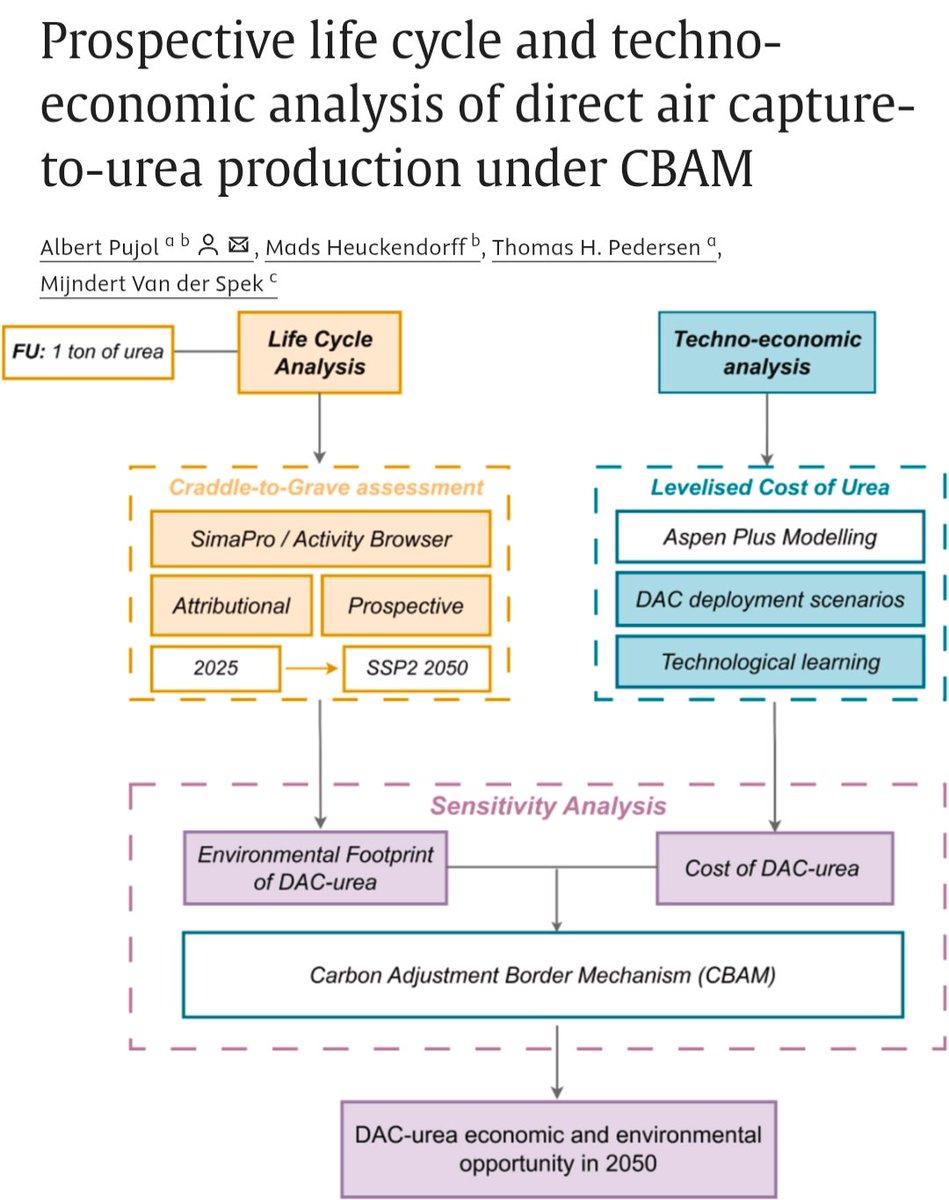
 2/ What DAC-urea is?
2/ What DAC-urea is?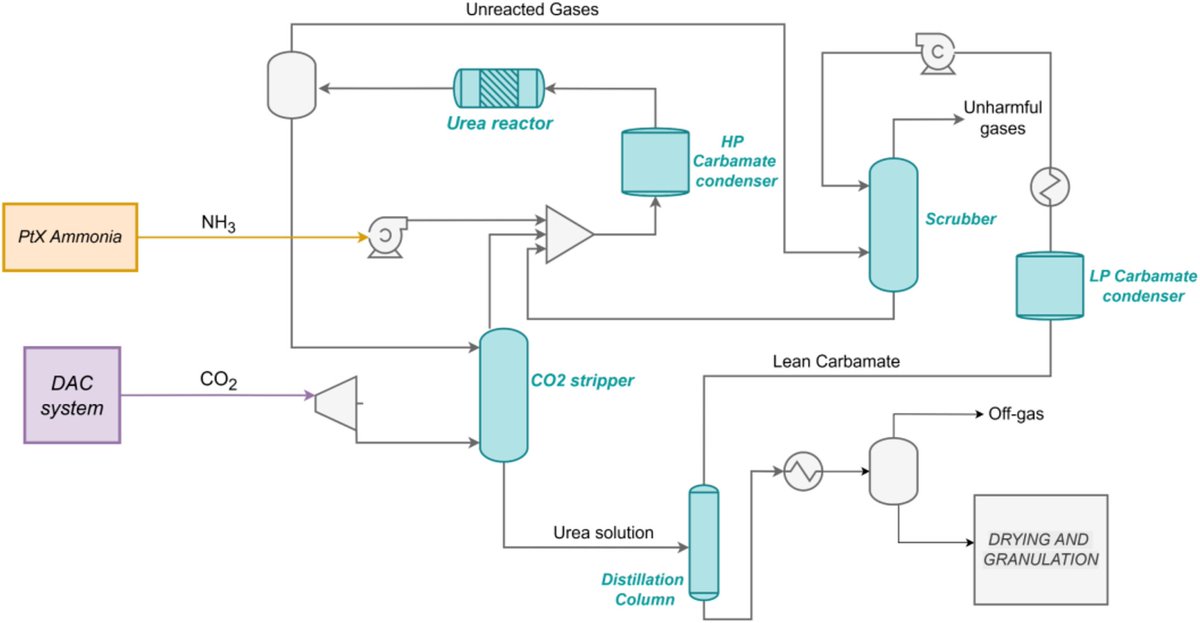

 2/ 𝗚𝗹𝗼𝗯𝗮𝗹 𝗥𝗲𝗮𝗰𝗵
2/ 𝗚𝗹𝗼𝗯𝗮𝗹 𝗥𝗲𝗮𝗰𝗵